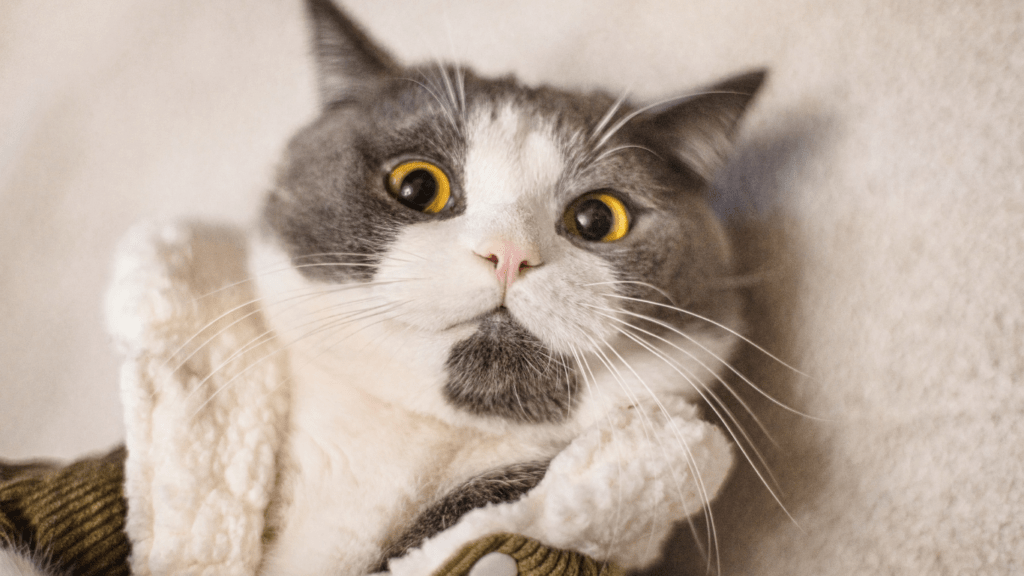Embarking on the journey of crafting a balanced diet for your beloved pet can be both rewarding and challenging. As a pet owner, I understand the importance of providing our furry companions with the nutrients they need to thrive. In this guide, I’ll share valuable insights on how to ensure your pet’s diet is well-balanced and tailored to their specific needs.
From choosing the right ingredients to understanding portion sizes, creating a balanced diet for your pet requires careful consideration and planning. As I delve into the essential components of a pet’s diet, you’ll discover practical tips and expert advice to help you make informed decisions about what goes into your pet’s food bowl.
Join me on this nutritional journey to learn how you can optimize your pet’s health and well-being through a well-rounded diet.
Benefits of a Balanced Diet for Your Pet
Ensuring that your pet has a balanced diet offers a range of advantages that contribute to their overall health and well-being. Here are the key benefits of providing a well-rounded diet for your furry friend:
- Improved Health: A balanced diet tailored to your pet’s specific needs can boost their immune system, promote healthy digestion, and help maintain a proper weight, reducing the risk of various health issues.
- Enhanced Energy Levels: By providing the right mix of nutrients, vitamins, and minerals, your pet can enjoy increased energy levels, staying active, playful, and more engaged in daily activities.
- Healthy Skin and Coat: A diet rich in essential fatty acids and quality proteins can enhance the condition of your pet’s skin and coat, making it shiny, soft, and free from common issues like dryness and dullness.
- Better Digestive Health: Proper nutrition supports a healthy digestive system, reducing the likelihood of gastrointestinal problems such as diarrhea, constipation, and bloating.
- Longevity and Quality of Life: A balanced diet can contribute to your pet’s longevity and overall quality of life by sustaining their vitality, cognitive function, and mobility as they age.
By prioritizing a balanced diet for your pet, you are investing in their long-term health and happiness, ensuring that they lead a fulfilling and vibrant life by your side.
Key Nutrients for Your Pet’s Health
When it comes to ensuring the optimal health and well-being of your pet, there are key nutrients that play a crucial role in their diet. By understanding the importance of these nutrients and incorporating them into your pet’s meals, you can help support their overall health and longevity.
Proteins
Proteins are essential for your pet’s diet as they are the building blocks of cells, tissues, enzymes, and hormones. Including high-quality sources of protein such as lean meats, fish, eggs, and legumes in your pet’s diet is crucial for muscle development, immune function, and overall growth.
Carbohydrates
Carbohydrates serve as a vital source of energy for your pet. While they are not as essential as proteins, incorporating healthy carbohydrates like whole grains, fruits, and vegetables can provide your pet with fiber, vitamins, and minerals. It’s important to strike a balance in the amount of carbohydrates to prevent obesity and maintain energy levels.
Fats
Fats are another important nutrient for your pet’s diet as they are a concentrated source of energy and aid in nutrient absorption. Including healthy fats like omega-3 and omega-6 fatty acids from sources such as fish oil, flaxseed, and chicken fat can support your pet’s skin health, coat, and overall well-being. Be mindful of the quantity of fats to avoid weight gain and related health issues.
Designing a Balanced Diet Plan
Ensuring that your pet receives a balanced diet is vital for their overall well-being and longevity. A well-rounded diet provides essential nutrients that contribute to improved health, increased energy levels, healthy skin and coat, optimal digestive health, and a longer life.
Tailoring your pet’s diet to meet their specific needs can boost their immune system, help maintain a healthy weight, and support their overall health, thus investing in their long-term vitality and happiness.
When designing a balanced diet plan for your pet, it’s crucial to consider key nutrients essential for their health. Proteins play a significant role in muscle development and immune function. Incorporating lean meats like chicken, turkey, or fish into their diet can ensure they receive an adequate protein intake.
Carbohydrates are essential for providing energy, and sources like whole grains can offer fiber for digestive health. Additionally, fats are crucial for skin health and nutrient absorption. Including omega-3 fatty acids from sources like fish oil can benefit your pet’s overall health and longevity.
By incorporating high-quality sources of proteins, carbohydrates, and fats into your pet’s diet, you can promote their well-being and ensure they receive the necessary nutrients to thrive. Tailoring their meals to meet their specific nutritional requirements can lead to a healthier, happier pet in the long run.
Common Mistakes to Avoid in Pet Nutrition
In the realm of pet nutrition, there are some common pitfalls that pet owners should steer clear of to ensure their furry friends receive the best possible diet. Let’s delve into these potential slip-ups to keep your pet healthy and thriving.
1. Overlooking Nutritional Balance
Ignoring the need for a balanced diet is a significant blunder in pet nutrition. Each nutrient plays a crucial role in your pet’s overall health, and an imbalance can lead to deficiencies or excesses that may harm their well-being.
2. Excessive Treats and Table Scraps
While treats and table scraps can be a source of joy for pets, overindulgence can disrupt their balanced diet. Excessive treats or human food can contribute to weight gain, digestive issues, and an inadequate intake of essential nutrients.
3. Inadequate Hydration
Water is essential for pets to maintain optimal health. Not providing enough clean and fresh water can lead to dehydration, affecting their digestion, nutrient absorption, and overall well-being.
4. Lack of Variety in Diet
Feeding the same food day in and day out can deprive pets of essential nutrients found in different ingredients. Offering a diversified diet ensures they receive a spectrum of nutrients for overall health and well-being.
5. Failing to Consult a Veterinarian
Consulting a veterinarian is crucial when making dietary decisions for your pet. They can provide tailored advice based on your pet’s specific needs, ensuring they receive a diet that promotes their health and longevity.
By sidestepping these common mistakes in pet nutrition, you can enhance your pet’s quality of life and foster a strong bond built on good health and well-being.
I have structured the content to focus on the common mistakes to avoid in pet nutrition, highlighting key errors that pet owners should be mindful of when planning their pets’ diets.

 Noranna Frazieral has played a crucial role in shaping the content for Animal Potty Care, focusing on pet diet and wellness. Her deep understanding of pet nutrition ensures that the platform offers well-rounded guidance on maintaining a balanced and healthy diet for pets. Noranna’s contributions help pet owners make informed decisions about their pets' diets, promoting long-term health and well-being. Her input has made the platform a trusted resource for those looking to improve their pets' quality of life.
Noranna Frazieral has played a crucial role in shaping the content for Animal Potty Care, focusing on pet diet and wellness. Her deep understanding of pet nutrition ensures that the platform offers well-rounded guidance on maintaining a balanced and healthy diet for pets. Noranna’s contributions help pet owners make informed decisions about their pets' diets, promoting long-term health and well-being. Her input has made the platform a trusted resource for those looking to improve their pets' quality of life.